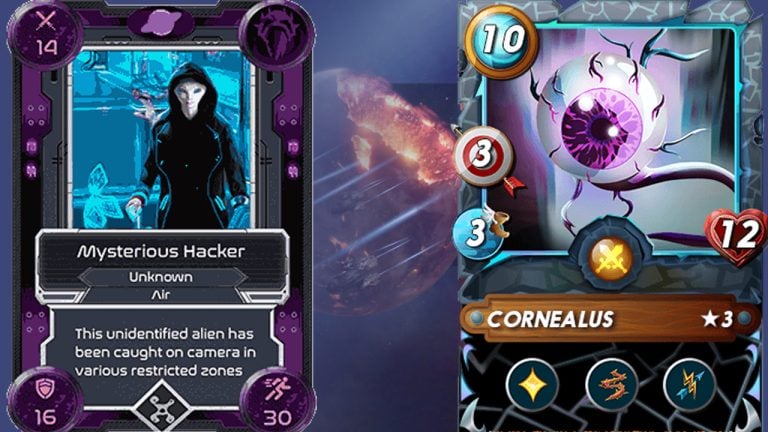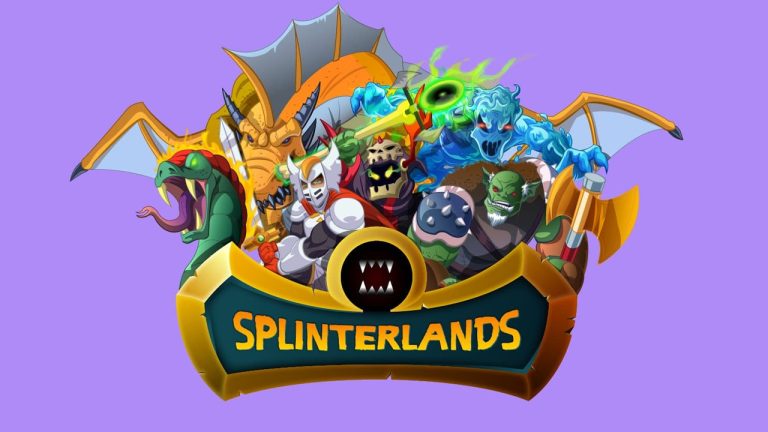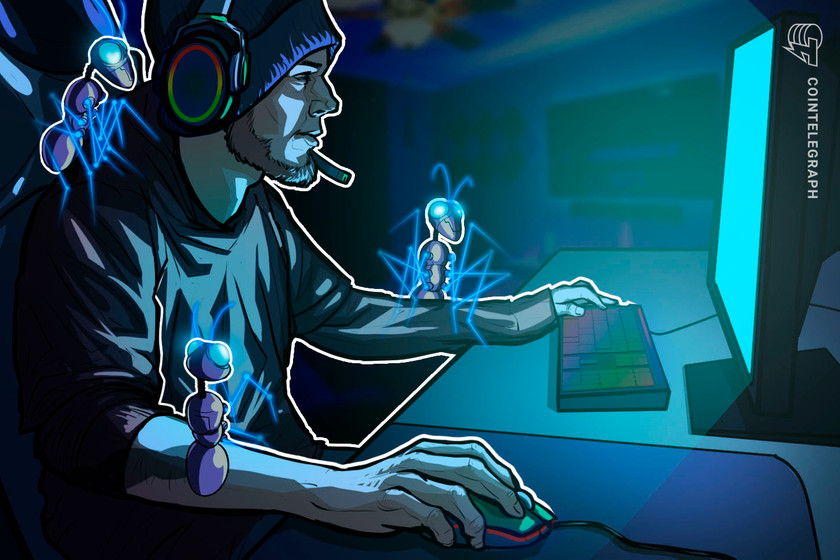
Web3 gaming developers will be able to build on a new zero-knowledge Ethereum Virtual Machine that aims to increase ownership rights for players and take on the big gaming corporations.
Gaming developers are getting a new platform on which to build Web3 games, with a tie-up between Polygon Labs and Immutable set to launch a new zero-knowledge Ethereum Virtual Machine (zkEVM).
The partnership sees the two Ethereum layer-2 firms create an “Immutable zkEVM” — a Polygon (MATIC)-powered zkEVM fully supported on Immutable’s Web3 game development platform.
Scheduled for a March 27 mainnet beta launch, Polygon’s zkEVM enables the validation of mass amounts of transaction data by bundling them up into one transaction that’s then confirmed on the Ethereum network. The same technology will feature on Immutable’s zkEVM solution.
Polygon Labs president, Ryan Wyatt, told Cointelegraph that the technology would allow game developers to focus on building a “great game” rather than needing to divert resources toward building the game on-chain.
“This massively simplifies the choices for developers and helps us focus on what really matters — which is taking on the huge incumbents who are exploiting players on a daily basis.”
In a separate statement, Immutable co-founder and president Robbie Ferguson stated that billions of dollars worth of in-game skins is sold each year with no rights to players.
“We’re changing that so players are in control, and ownership is the expectation,” he said.
How it started vs how it's going.
— Robbie Ferguson | Immutable (@0xferg) March 15, 2023
We won't stop until digital property rights for gamers are the expectation - not a headline. pic.twitter.com/uac4VHODBA
Wyatt told Cointelegraph that the partnership came together despite Immutable and Polygon Labs being in competition, adding that the technology “really quickly aligned us” and it was “good for gamers and game developers.”
A ChainPlay survey of blockchain gamers last August revealed that 81% are prioritizing a positive and fun in-game experience after 89% reported losing money in the crypto winter of 2022.
Wyatt said that currently, devs are too focused on how to “actually build a game on-chain,” which pulls focus away from “making a really great game.”
We surveyed the participants, what factors investors want to see in future GameFi projects. The results are not too surprising. 71% of investors say that “Interesting Gameplay” will keep them hooked to the industry. pic.twitter.com/dhb19kmpCf
— ChainPlay.GG (@Chainplaygg) July 20, 2022
“You shouldn’t really have to worry about these different parts of the infrastructure stack and game development,” he said. “This stuff should come easy. You should be able to plug and play very easily with it.”
The testnet is expected to be released at the end of Q2 and “some” interfaces for building on the zkEVM will be available on March 20. MATIC will be the “staking token,” with Immutable’s IMX token the “core gas currency.”
Related: GameFi analytics help blockchain gamers sift through crypto games
Ferguson said they chose to build for the Ethereum-based gaming ecosystem because “it would be much better to scale the thing that everyone already wanted to use [...] rather than try and compete directly with Ethereum.”
“The right way to onboard the next billion players is not by competing with Ethereum but by building on it and scaling with it,” he said, adding that crypto could triple its monthly users “overnight” if Web3 gaming is successful with a “breakout” gaming title.
“What that requires is incredibly seamless infrastructure and a platform where users can get real ownership of their items without even knowing it's Web3 under the hood.”
Ferguson added he hopes the success of the platform means that “digital property rights in the game are the norm” so that games are owned by “all players rather than giant corporations.”













